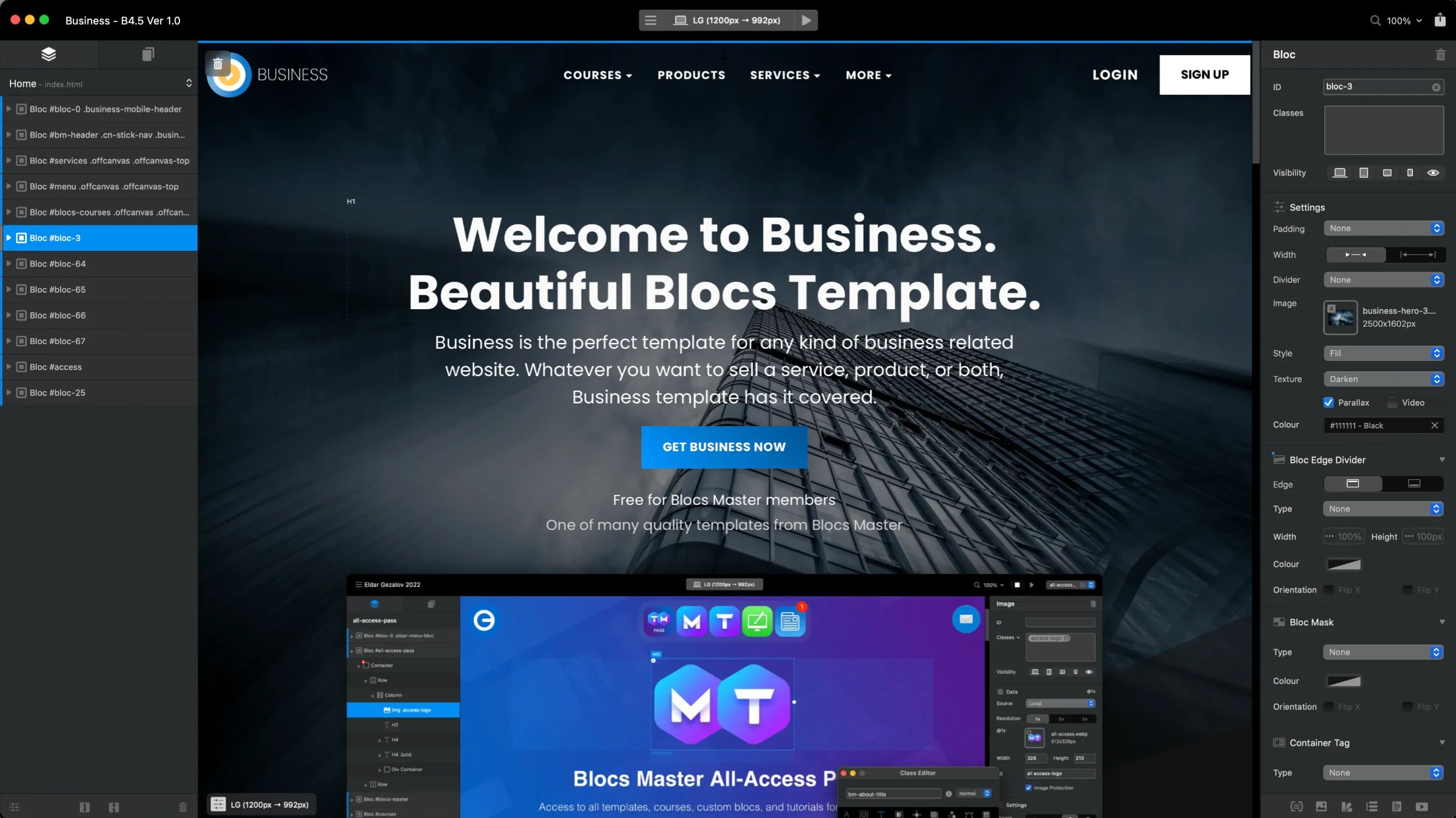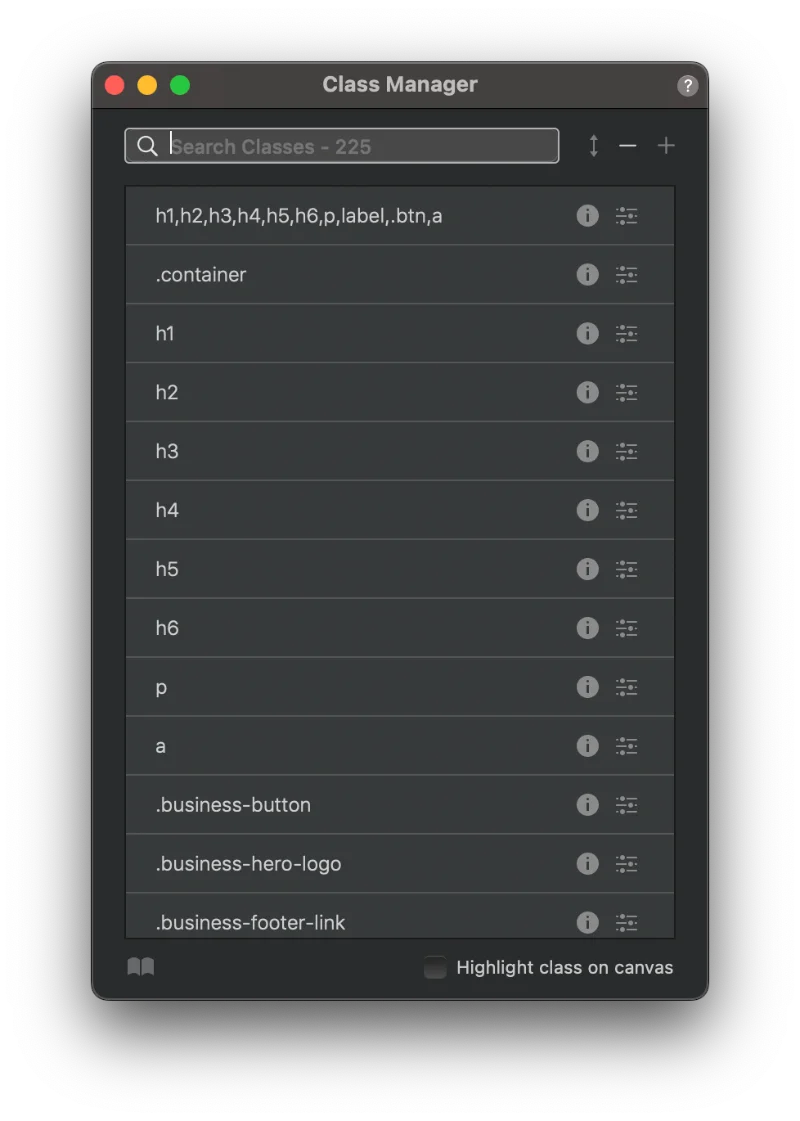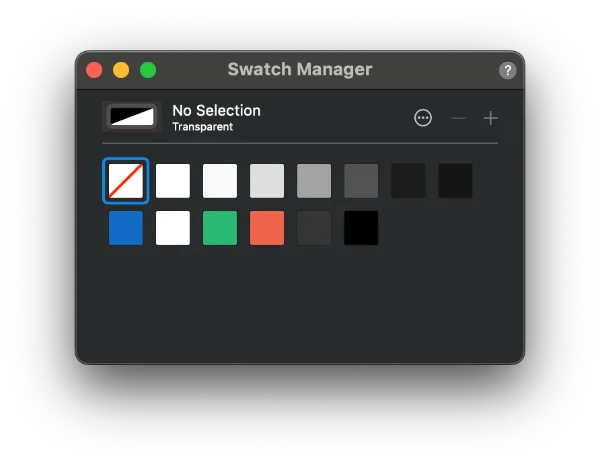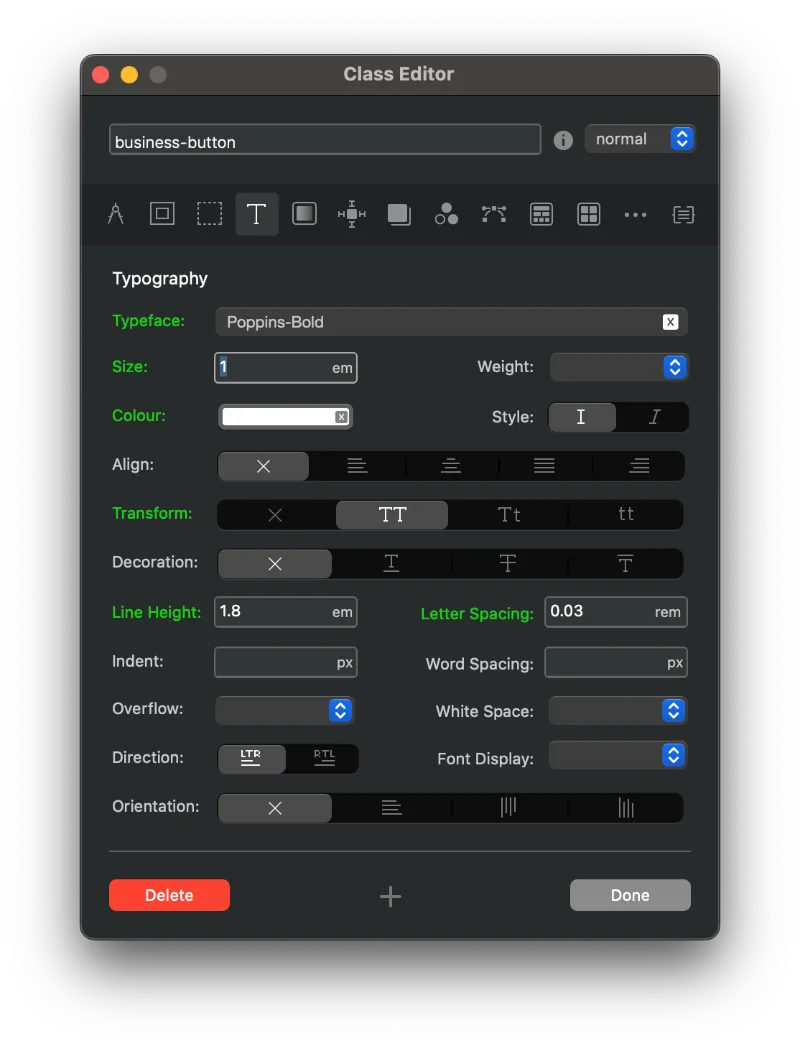
BLOCS MASTER
For a limited time, use code SUMMER at checkout to take 20% off any purchase.
SEO Course
The essential and easy-to-implement Search Engine Optimization techniques every designer should be aware of.
All Levels
The course was carefully designed to cater to users of all levels, from beginners to advanced learners.
Maximum Value
We’ve packed an incredible amount of value into a compact package, ensuring maximum efficiency.
Highest Quality
All the video lessons are of top-notch quality, with 4K resolution and crystal-clear audio.
12 Quality Lessons
The course includes 12 high-quality lessons, and an hour of comprehensive tutorials.
Lifetime Access
Upon signing up, you gain lifetime access to all the lessons and any future updates we release.
Exclusive Assets
You’ll also receive a PDF document with detailed written guidelines for each lesson.
Free SEO Guide Overview
Overview
Free SEO Guide Overview
7 min
Lessons
Keyword Research
8 min
Title and Description
4 min
Headings
4 min
Image Optimization
4 min
Link Optimization
7 min
Building Backlinks
4 min
Content Marketing
3 min
Google Search Console
4 min
Sitemap
3 min
Google Analytics
5 min
Website Security
7 min
Your Instructor
Eldar Gezalov
A professional designer and trainer with over a decade of experience, has been assisting individuals in utilizing the Blocs app to create websites without writing code.


Trusted by
The Blocs Team

Norm Sheeran
Blocs Website Builder,
Founder and Director
“Eldar is an invaluable member of the Blocs community. With exceptional expertise in Blocs, he guides you step-by-step in building a polished, professional website from the ground up—no coding required.
With Eldar's expert guidance you can take your web design skills to the next level and learn how to create stunning, code-free websites."

Helen Sheeran
Blocs Website Builder,
Director
“I am constantly amazed by the dedication and expertise Eldar brings to the Blocs community.
His tutorials are exemplary in clarity and creativity. They break down complex concepts into accessible steps that empower Blocs users of all skill levels to create stunning, professional-quality websites with ease.”
What Blocs Users Say
Read a testimonial letter from Frank.
"This wonderful guy has created a series of videos (many free) which cover every aspect of Blocs in simple to understand examples. I promise he’s not paying me to write this, but I like many are indebted to him for the hours he has spent helping others."
- David
"The best website to learn how to use Blocs. Eldar cares to help you if you have problems with the templates. If you subscribe you will not regret it.
It includes a large number of sample templates. 100% recommended"
- Wardiam
"The best place to learn virtually all there is to know about Blocs for beginners.
And what better teacher than Eldar himself who spares nothing to make sure you are on the right track from step one through to intermediate."
- Sabina
"What sets Eldar apart from other developers is his amazing customer service, attention to detail and his genuinely positive way of interacting with his customers."
- Lee
"It is definitely worth the money if you want to learn Blocs quickly and efficiently, not to mention the many tips and tricks that Eldar has built into his lessons."
- Ive
"If you are looking for an in-depth course on how to get the most out of Blocs, I highly recommend Blocs Master Courses."
- Arno
Become a Blocs Master
Start your amazing web design journey today by becoming a Blocs Master member.
Get Started



Blocs Master © 2016-2025